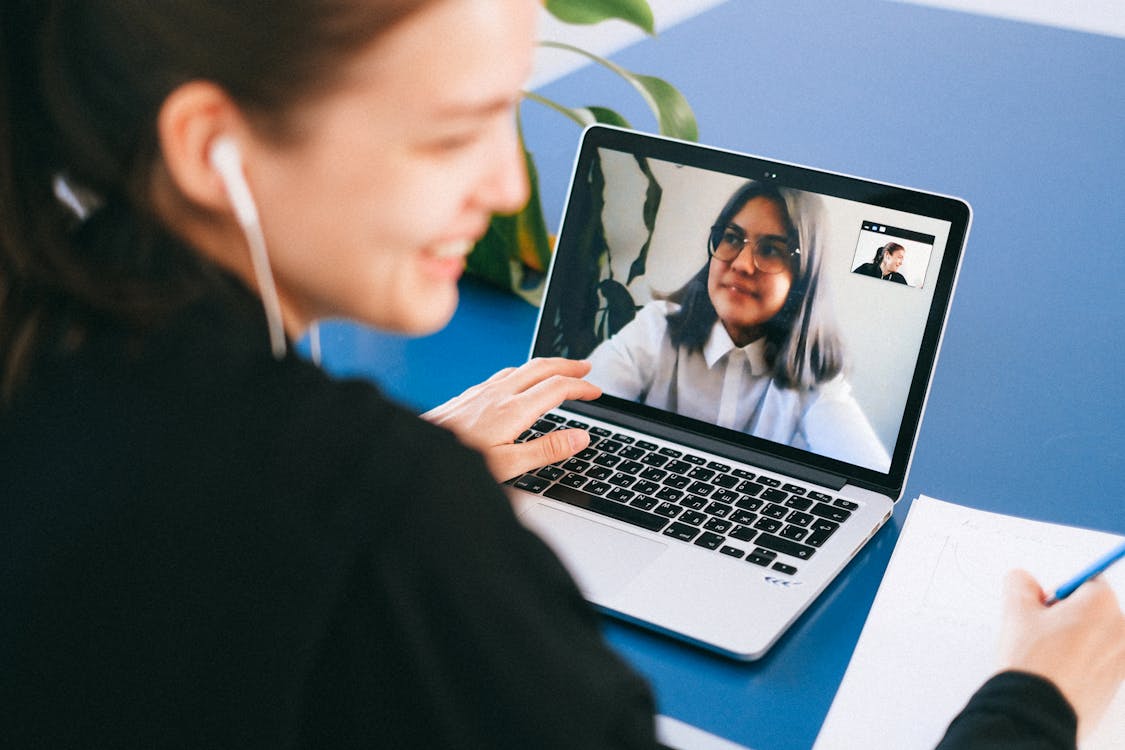
Reality Defender, an RSA Innovation Sandbox-winning AI-generated media detection platform, has introduced real-time deepfake detection for web conferencing. Available now in private beta, the technology aims to thwart increasingly common fraud attempts. With the increasing use of AI to impersonate CEOs, government officials, and romantic partners, this technology provides a crucial line of defense.
“It’s probably only a matter of months before we’ll start seeing an explosion of deepfake video, face-to-face fraud. Regarding video calls, especially in high-stakes situations, seeing should not be believing,” Ben Colman, CEO and Co-Founder of the startup, warned.
During a demonstration with WIRED, Reality Defender’s product manager, Christopher Ren, showcased the tool by impersonating Elon Musk on a live video call. Using a code from GitHub and just a single photo of Musk, Ren successfully mapped Musk’s face into his. Accordingly, Reality Defender’s detection widget rightfully flagged the manipulation, proving the system’s reliability in catching AI-generated fakes in real-time.
The detection models work by analyzing the live video frame-by-frame, identifying suspicious elements, and then alerting the users directly within the conferencing app they are using.
Deepfake scams are no longer just a futuristic concern—they are already disrupting industries and personal lives worldwide. Just from a recent incident report, an international engineering firm lost $25 million after being duped by a fake video call. Similarly, love-struck victims across Asia have fallen prey to fraudsters using AI to impersonate attractive personas.
“Real-time video deep fake detection could not have arrived at a more crucial time,” Coleman stated. “As more high-profile incidents of fraud involving video conferencing occur around the world, teams need to know that they are indeed talking to real people. Our technology truly enables that to happen effortlessly and instantly.”
Coleman wasn’t overstating, as the market for deepfake-related tools has surged according to Accenture’s Cyber Intelligence. There has been a reported 223% increase in transactions on dark web forums from Q1 2023 to Q1 2024. The demand for high-quality deepfakes also rose, with video prices reaching up to $20,000 per minute.
At high stakes like this, tools like Reality Defender do come in handy.”We don’t ask my 80-year-old mother to flag ransomware in an email. Because she’s not a computer science expert,” Colman said.
In addition, Reality Defender has partnered with ElevenLabs, an AI company specializing in synthetic voice generation, to expand their purpose into the audio field. As voice cloning becomes increasingly sophisticated and fraudsters combine fake visuals with AI-generated speech, this partnership ensures a more comprehensive detection system for users facing complex threats.
The technology is currently in private beta, with plans to expand access through a public waitlist. As video communication becomes more integral to business and personal life, ensuring participants are who they claim to be is critical. Reality Defender’s solution aims to address that need—because, in today’s digital world, what you see isn’t always what you get.




















